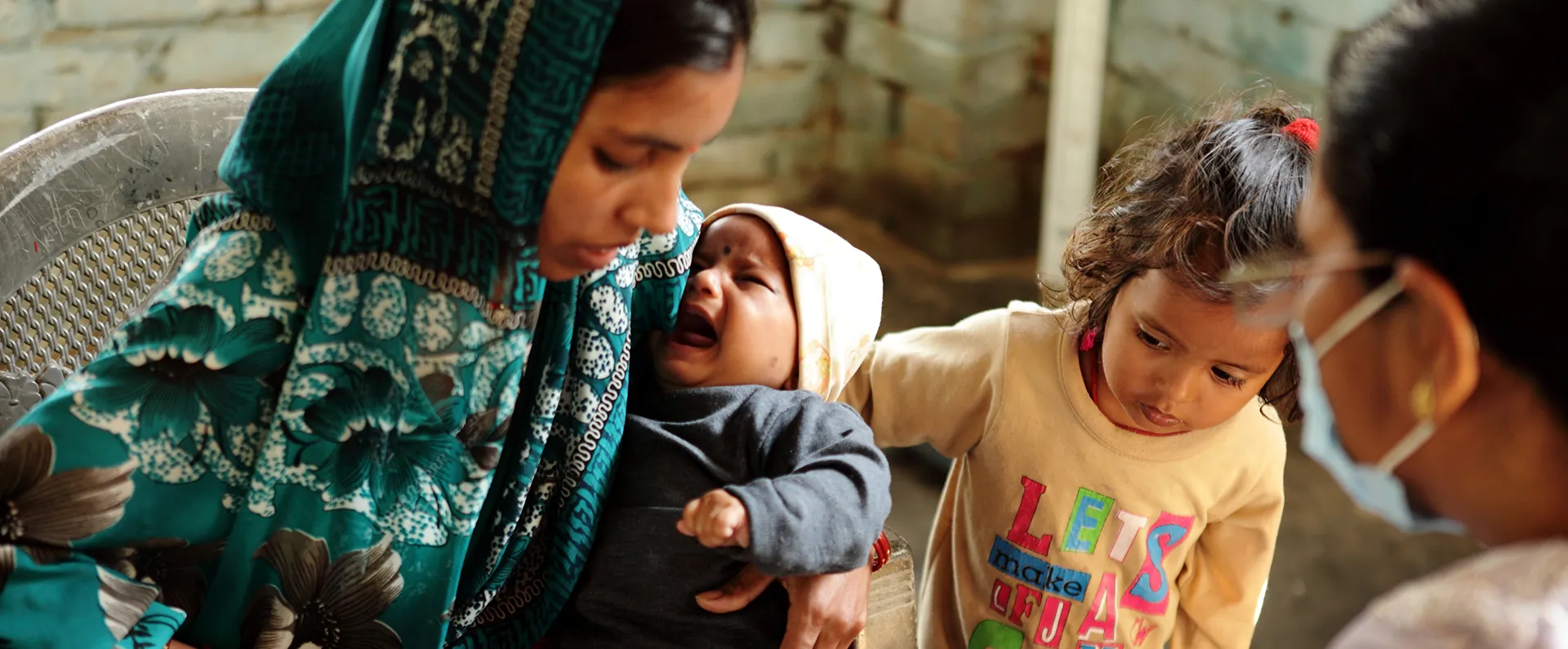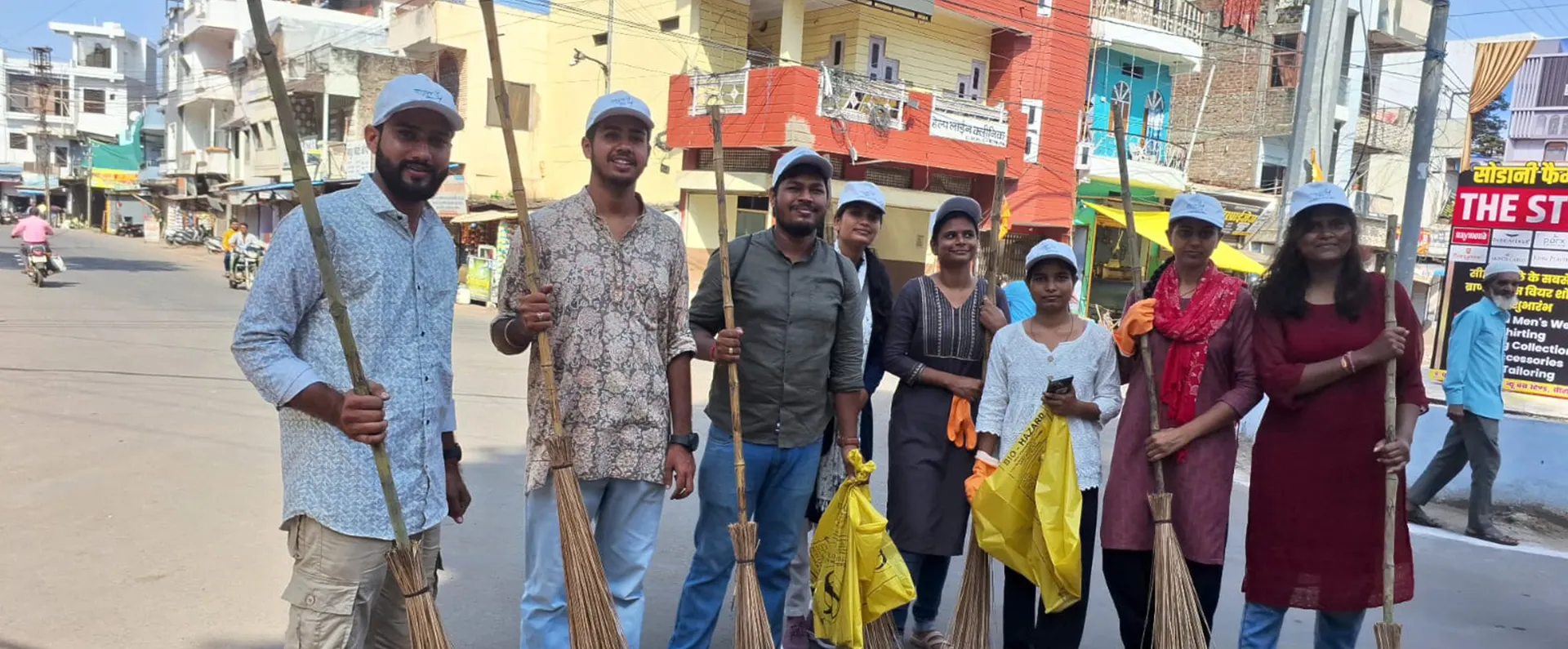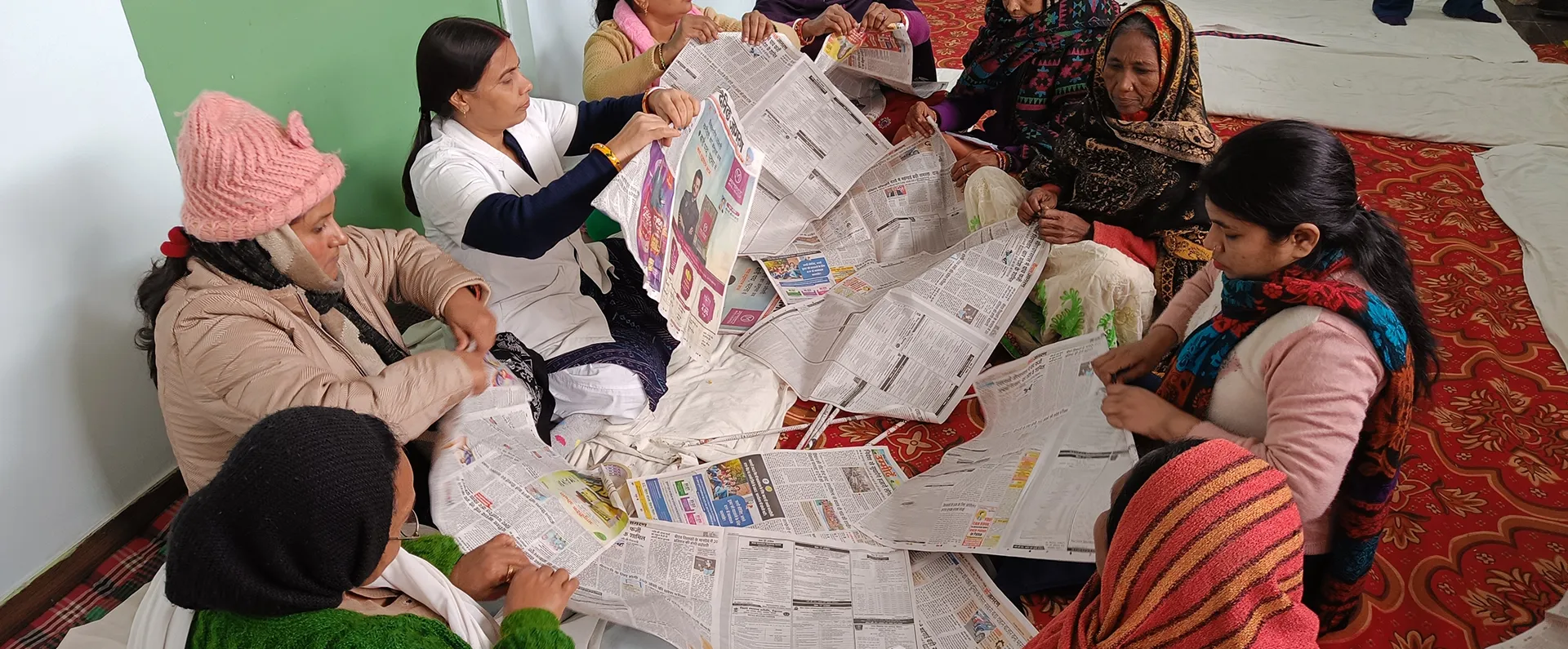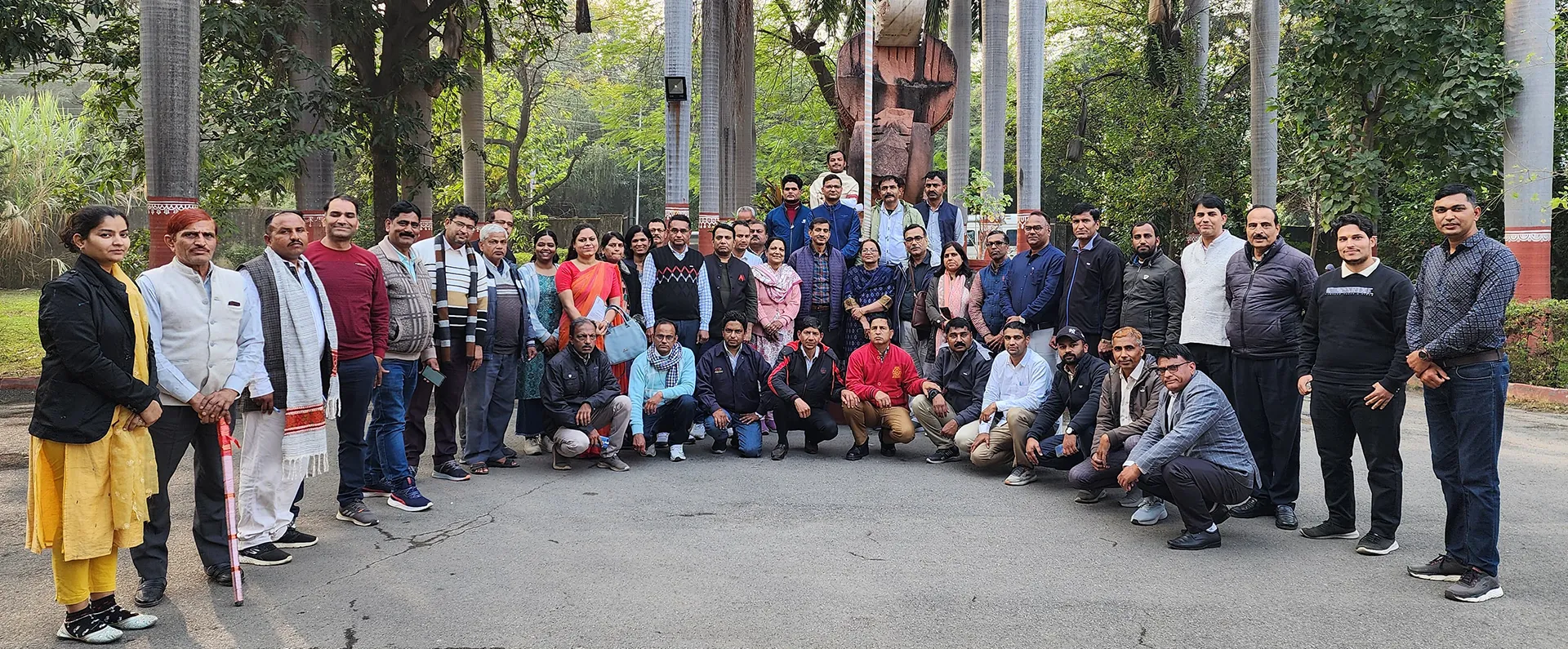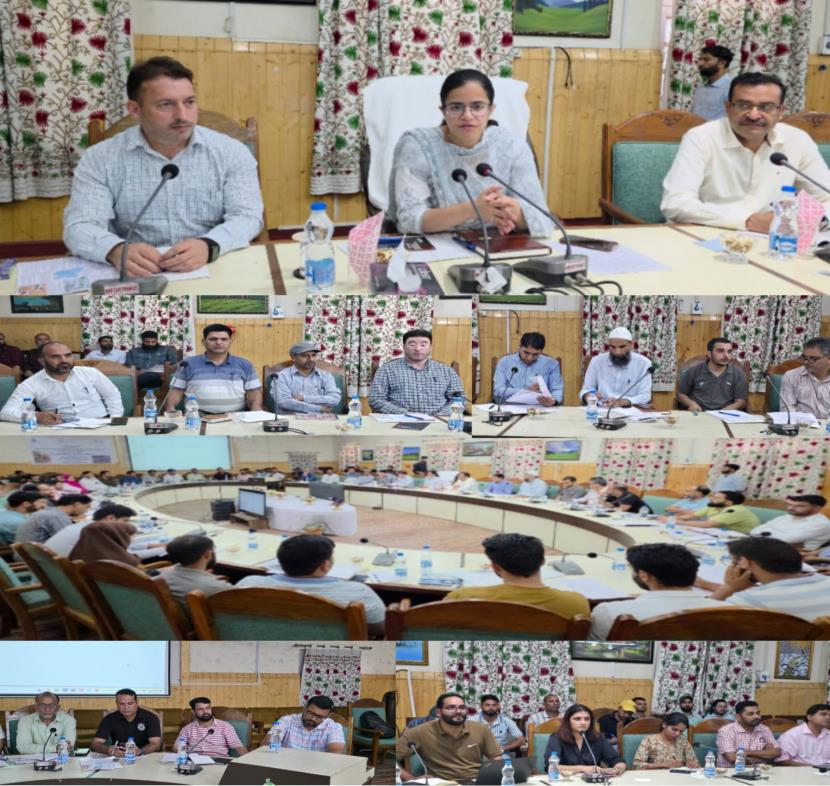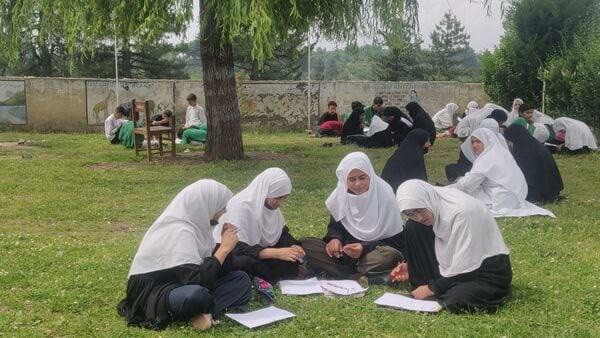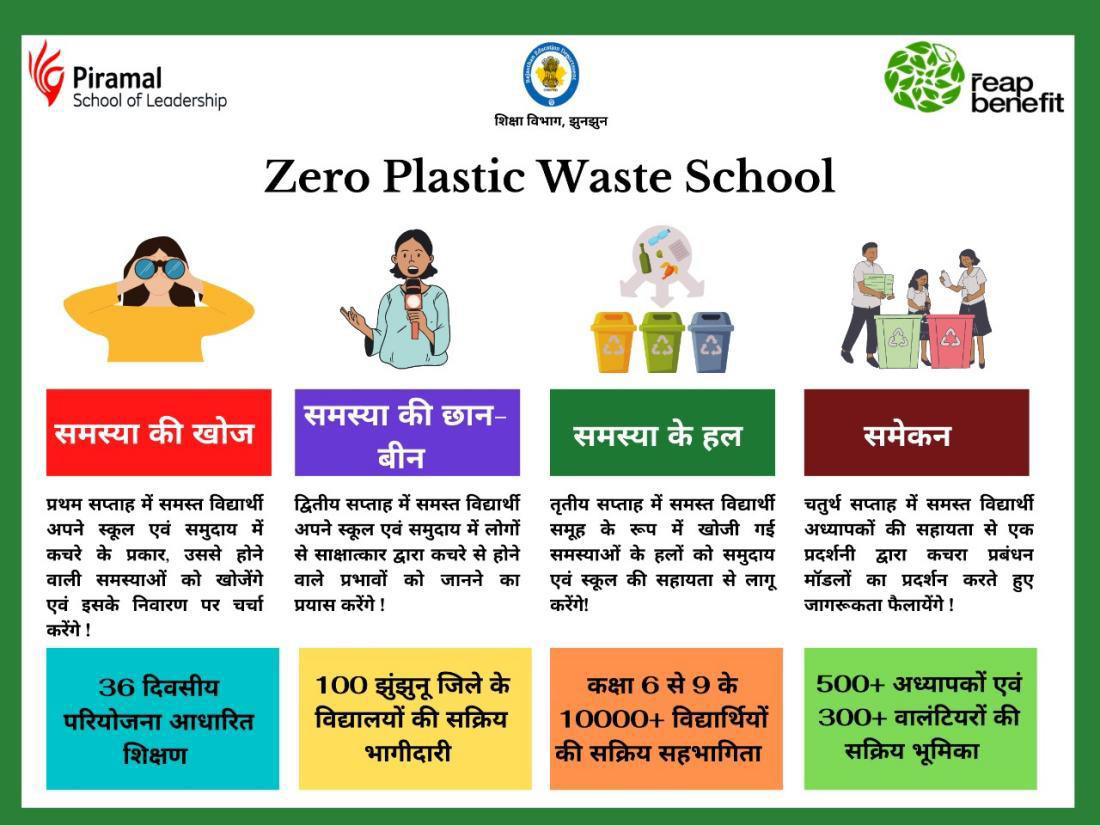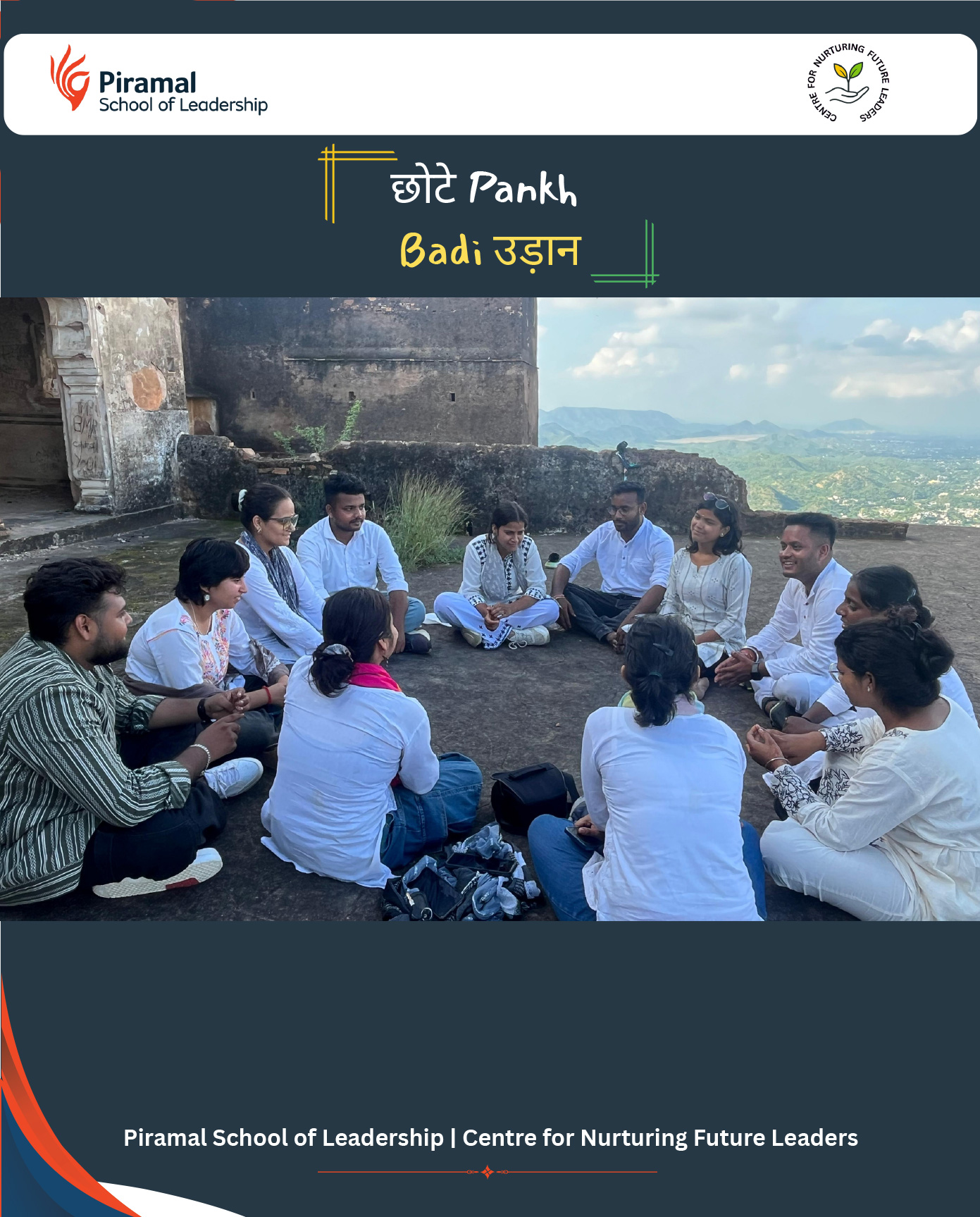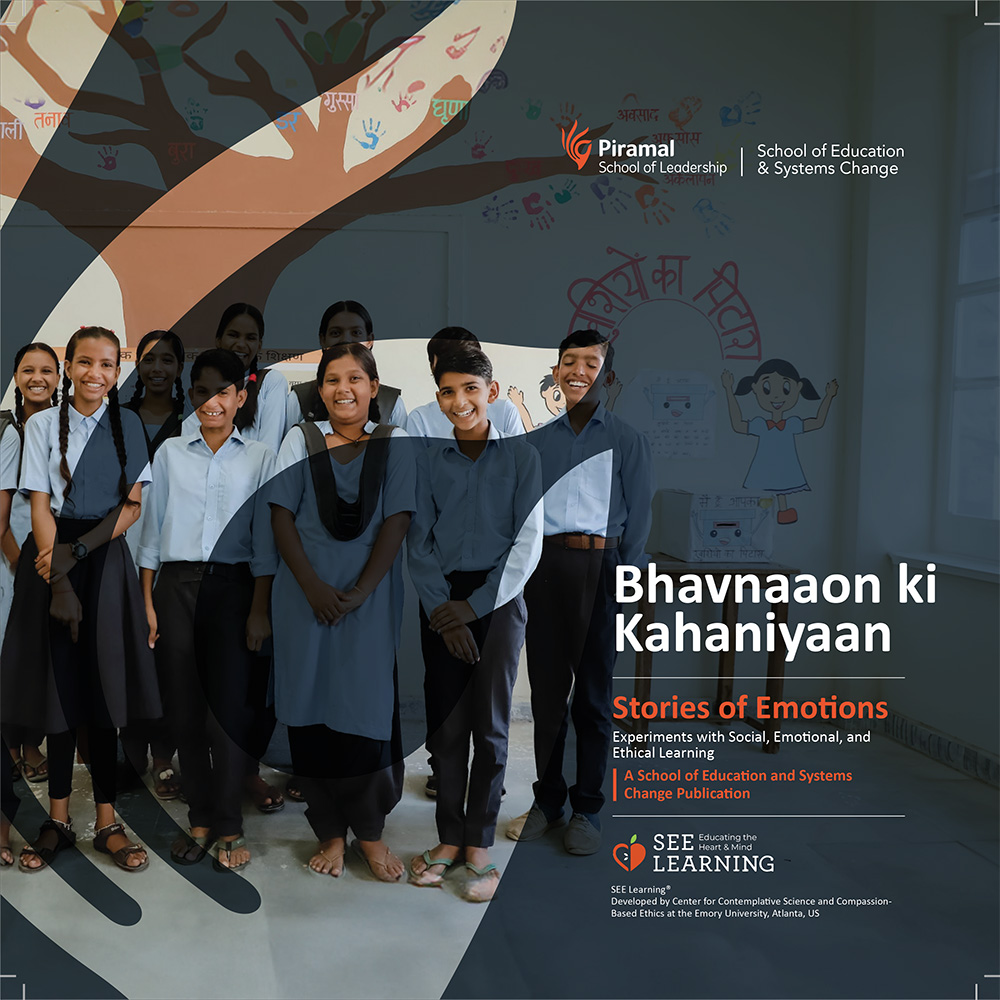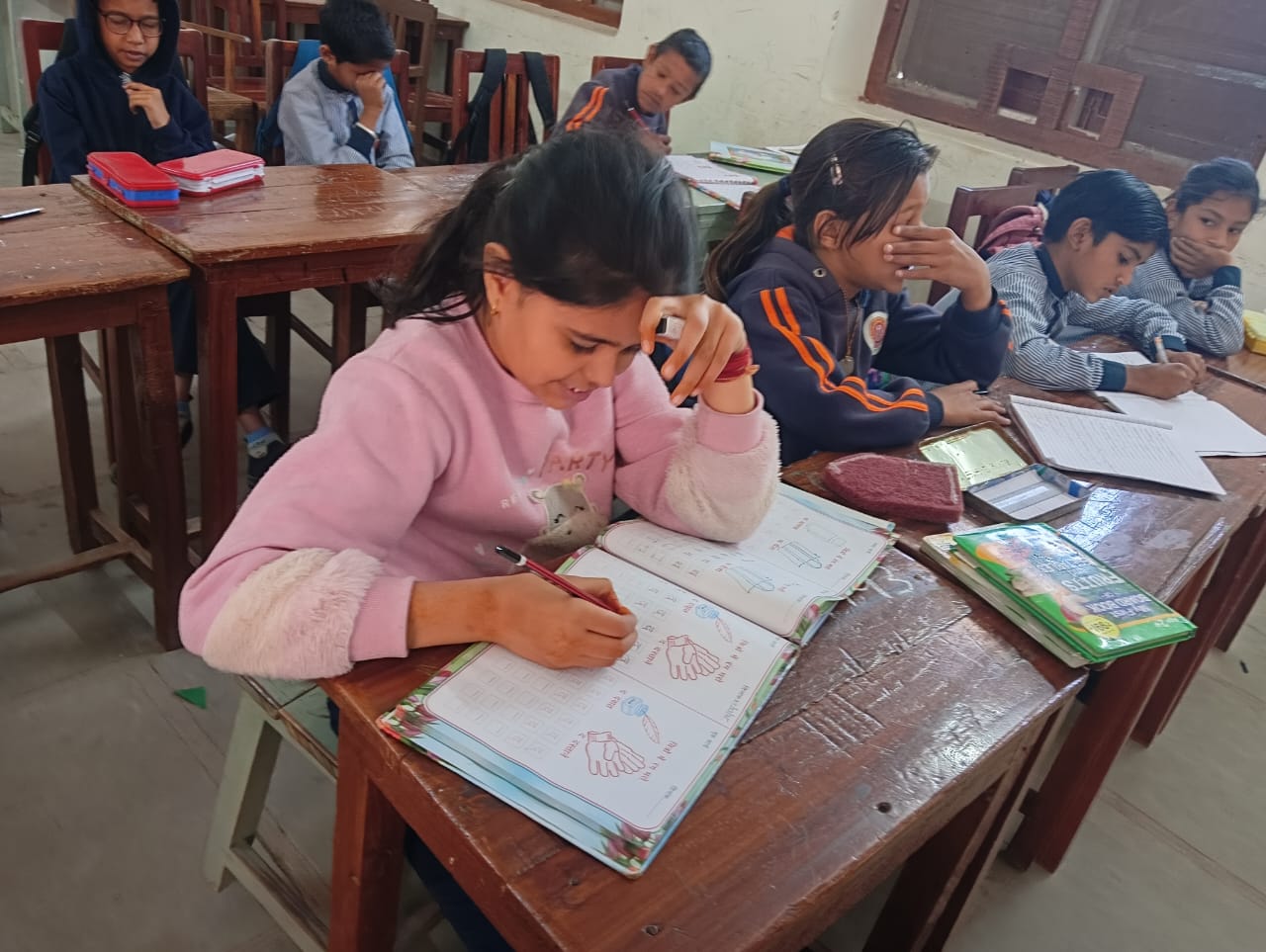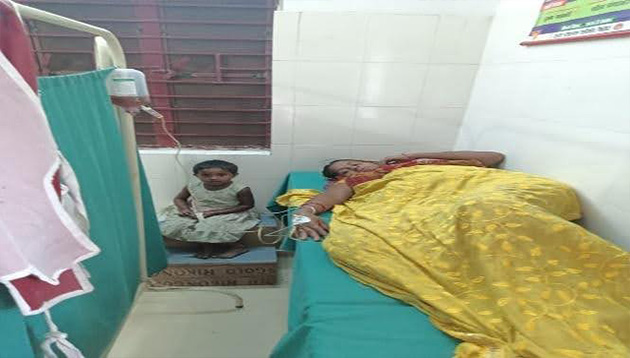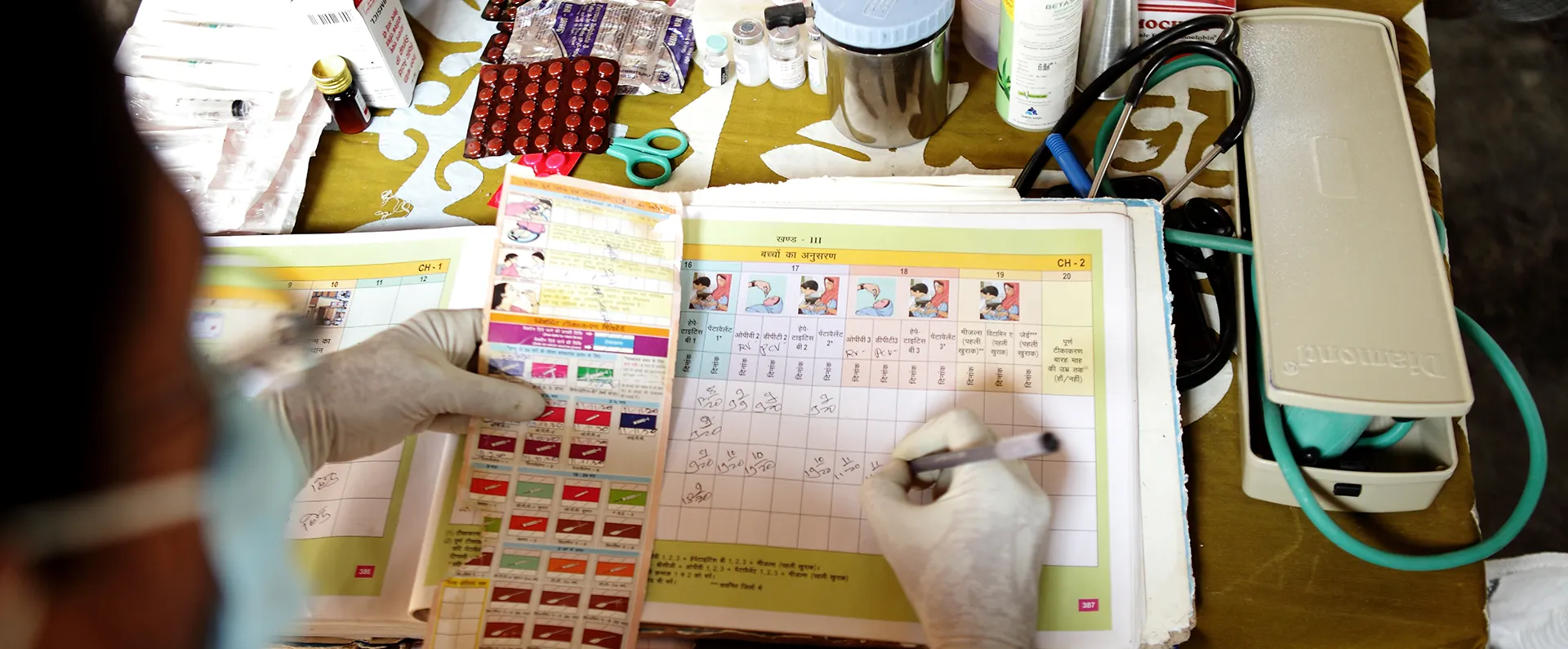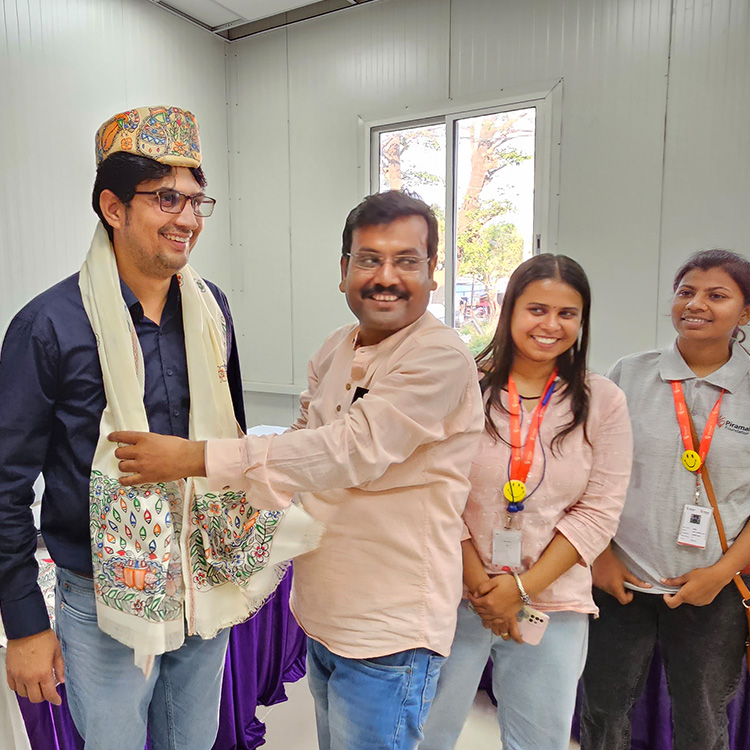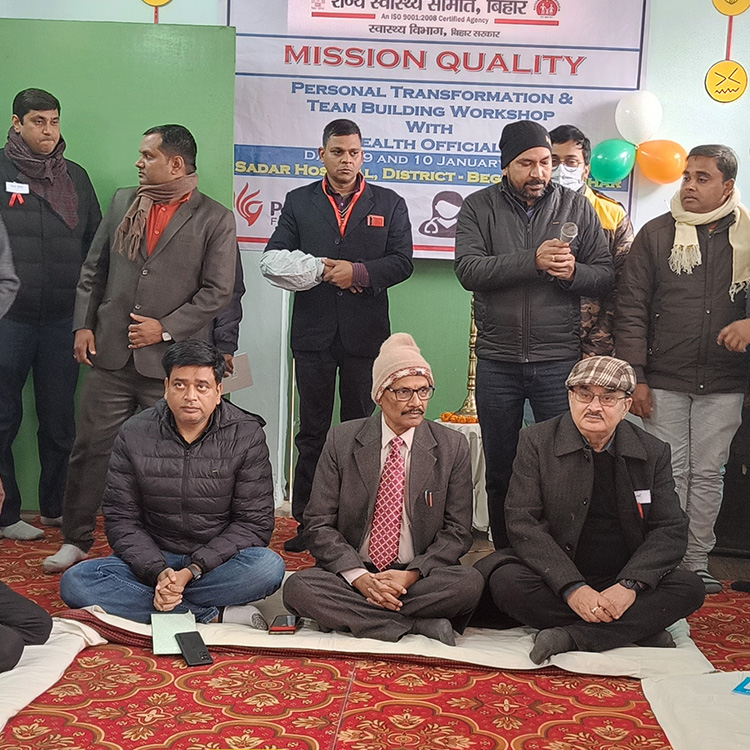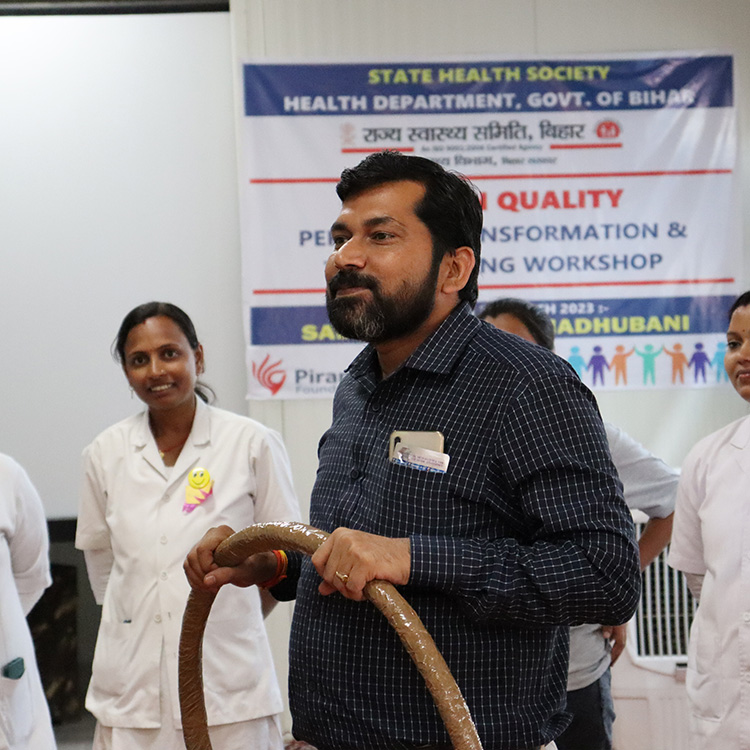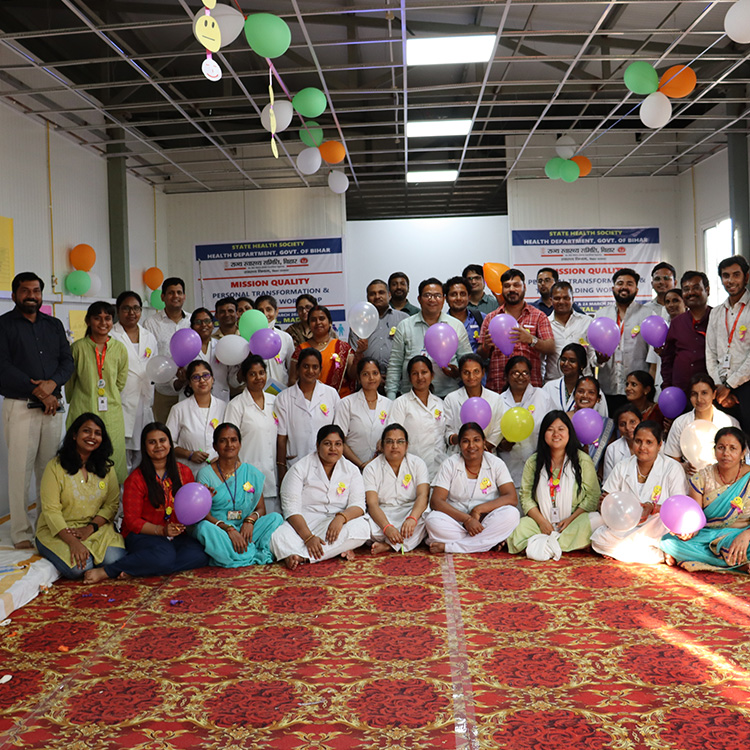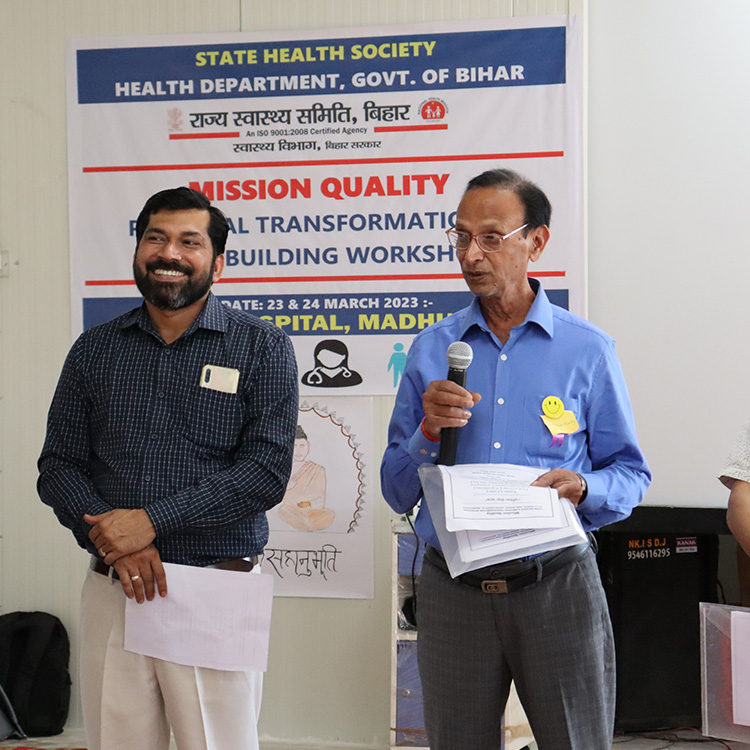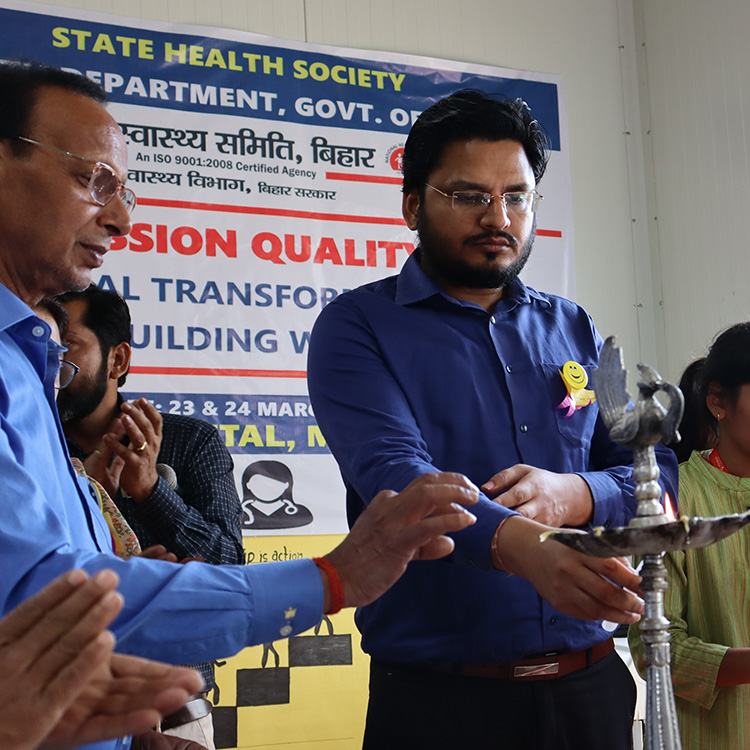At the Piramal Foundation, QI has been instrumental in reshaping citizen experience in public health systems. Interventions in district hospitals like the model of respectful maternal care in Sitamarhi show how focused, ground-up efforts can rehumanize care, improve service standards, and shift institutional mindsets. These micro-improvements, when sustained and scaled, result in powerful system-level impact, reinforcing dignity, safety, and reliability in public service.
QI creates an enabling environment where healthcare teams are encouraged to reflect, identify gaps, and co-create solutions with the communities they serve. It democratizes problem-solving by placing trust in the hands of frontline workers ANMs, nurses, doctors, and hospital staff who often have the most nuanced understanding of systemic challenges. These teams are equipped with the tools and training to analyze data, test small changes, and measure progress in real time, fostering a mindset of continual improvement.
Moreover, QI supports the development of leadership at all levels. It nurtures champions within the system who are not only skilled at delivering better outcomes but also capable of mobilizing teams and influencing change beyond their immediate environment. Through structured mentoring, learning collaboratives, and on-the-job coaching, QI efforts become embedded into the DNA of institutions.
Importantly, QI also brings communities closer to health systems by listening to patient voices, responding to feedback, and co-designing solutions that are culturally relevant and locally owned. In doing so, it helps rebuild the social contract between citizens and the state, where care is not seen as a transaction, but as a relationship grounded in trust, accountability, and shared purpose
The Challenge
Lack of quality improvement capability in all healthcare cadres for improving maternal and newborn health services
Interventions
- Develop Quality Improvement Capability in 700 healthcare leaders, managers and service providers across state, districts and blocks
- Develop 530+ hours of curriculum of QI Basics, QI Leadership & Management and QI Coaching
- Establish a Quality Improvement Collaboration Centre in SIHFW for enhancing QI capabilities of all cadres
Outcomes
- 566+ state and district healthcare cadres trained on QI skils
- 2.16,227 pregnancy complications successfully handled
- 3.68% reduction in still births


